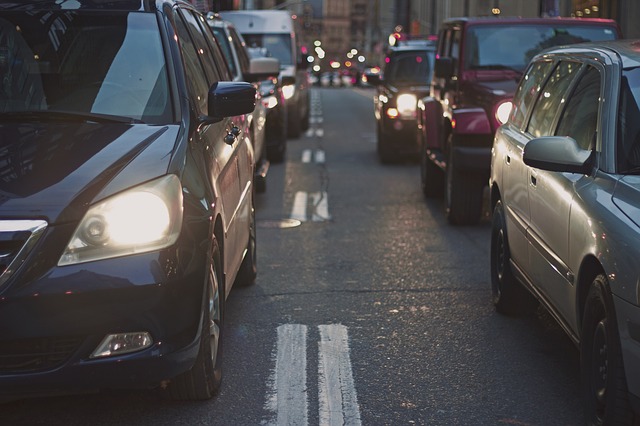A nurse with type 1 diabetes from Exeter has won her driving license back from the DVLA after a successful campaign which ended up reaching Prime Minister David Cameron.
Helen Nicholds, 26, is a member of the Diabetes Forum, and in November 2014 she wrote:
“In June 2014, I suffered two hypoglycaemic episodes during the night time whilst I was in a deep sleep.
“When reapplying for my Driving Licence as normal, I ticked yes to the box which said that I had required assistance from another person to treat two hypoglycaemic episodes within the past 12 months. There was no room to go into details around the context of these hypos and so I attached a letter with my application.
“On the 21st October I received a letter stating that my licence had been revoked on the basis of these two hypos.”
Helen has controlled her diabetes with insulin for 18 years, but had never had an accident or episode of hypoglycemia when driving.
Discussing the two hypos, she told the Exeter Express & Echo: “They came during a particularly stressful time but they would not have happened in the day as I would have been monitoring myself.”
Helen took on the DVLA by setting up a petition to overturn the decision to revoke her license. She also asked her MP Anne Marie Morris to follow up her case and wrote to the Prime Minister detailing her situation. She is now back behind the wheel after winning her campaign earlier this month.
The DVLA and diabetes
In Helen’s case, the issue of context regarding hypos was crucial, but the DVLA only consider driving license applications from people with diabetes on a case-by-case basis.
Following Helen’s campaign victory, a DVLA spokesman said: “We must apply European medical standards but we consider every case individually and only refuse licences where absolutely necessary. The European Commission have confirmed that we cannot differentiate between daytime and night-time episodes.”
An EU directive in 2011 prevented the DVLA from recognising the differences between conscious episodes of hypoglycemia and nocturnal hypoglycemia.
As Helen found out, this can be an issue for people with diabetes.
If you have regularly well-controlled HbA1c readings, possess all the awareness of hypoglycemia symptoms and test regularly, night-time hypos could still blight your DIAB1 form to the DVLA.
If you are insulin-treated, or otherwise susceptible to hypos, you “must not have had more than one episode of hypoglycaemia requiring the assistance of another person in the preceding twelve months,” according to DVLA requirements.
By admitting to requiring help in her night-time hypos, Helen’s honesty temporarily resulted in her license being revoked. Given there was no room to explain these hypos on the DIAB1 form, all context was lost.
Problems with driving license applications
Other users of the Diabetes Forum have felt aggrieved over this issue, including Ocho8, who wrote:
“Why does the DVLA link all hypos with the ability to drive? If you have a severe hypo whilst you are asleep during the day or in the night when you are in bed, why should this count towards the DVLA question regarding severe hypos? It’s like asking Usain Bolt to run the Olympics blindfolded and still expecting him to win!”
This particularly worry faced by people with diabetes can therefore lead to people concealing instances of severe hypoglycemia to the DVLA or their diabetes team.
According to a study in 2014, the new EU guidelines have led to fewer type 1 diabetes patients reporting severe hypoglycemia to their health team,
With the new EU rules stating that clinicians can decide whether patients with diabetes can keep their driving license, the study, published in Diabetes Care, found failure to admit to hypos may affect treatment that a patient receives.
While patients with diabetes have to alert the DVLA of their hypoglycemic episodes, your doctor also receives a form to fill in, which, combined with your own information, formulates the basis of the DVLA’s decision to let you drive.
That is the problem with the current EU guidelines regarding diabetes and driving.
If patients feel nervous revealing their hypos, they may end up neglecting to treat the potential causes of their hypos, as will their health care team.
You should never disclose false information to the DVLA, or your health care team. Not only is it illegal, but an underlying problem with your diabetes management may be subsequently unnoticed.
Have you been affected by the new EU guidelines regarding driving and diabetes? Have you ever had problems applying for a license? Share your thoughts with us in the comments section below.



